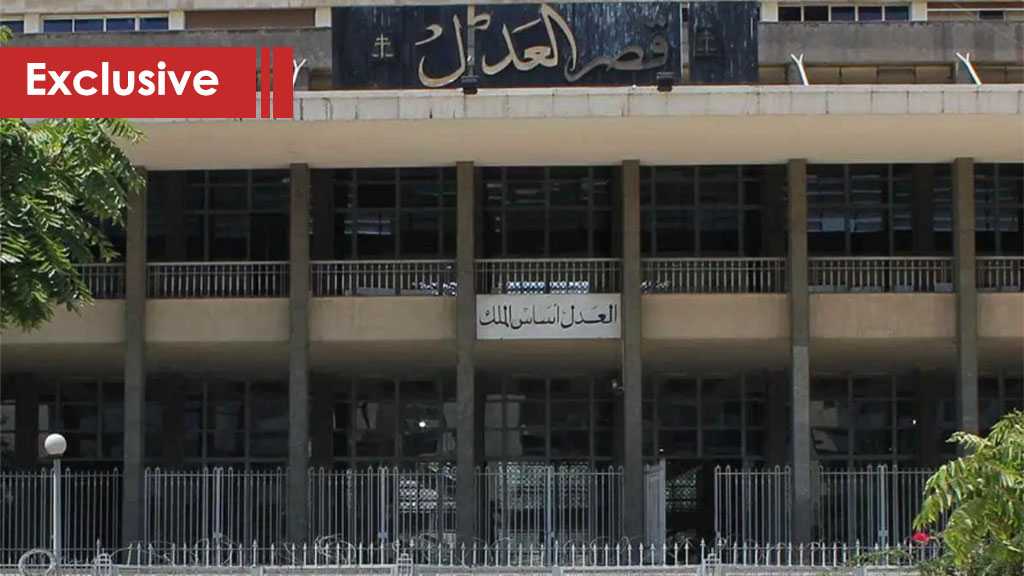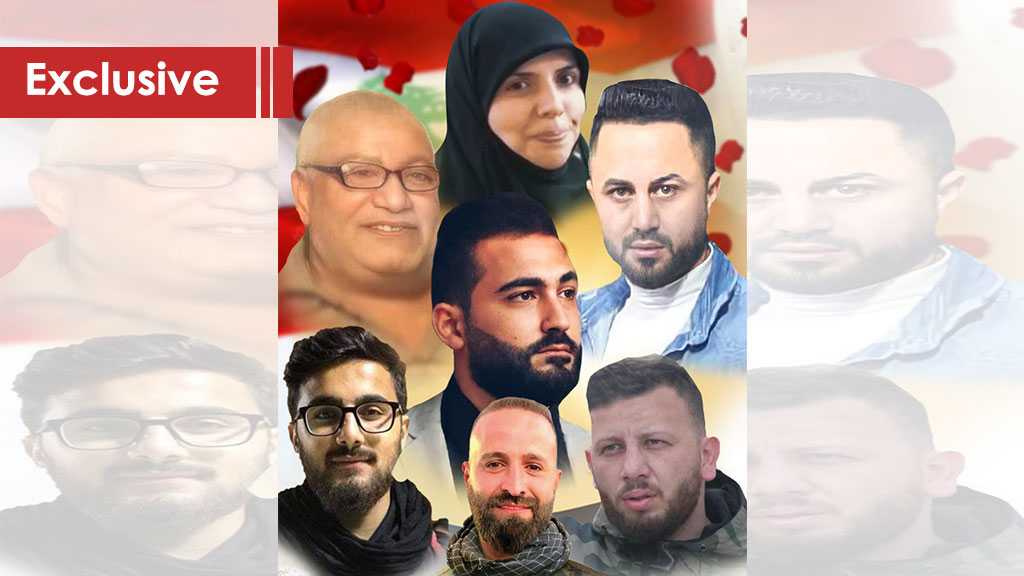Aristotle once said that “justice is achieving equality in exchange for injustice.” Justice is not about attribution or double standards. This premise alone raises many questions about the work of judicial investigator, Judge Tarek Bitar, on the Beirut Port blast case.
There are many question marks surrounding his discretion and double standards throughout the investigation. This fueled divisions among the Lebanese public over his role.
One of the broader questions about Bitar and his work is: where is justice in this entire investigation? And why is the judge working in a way that violates the fair trial guarantees by the constitution as well as local and international laws mentioned in several international treaties. Major countries often adopt these treaties as slogans but unfortunately do not put them into practice but use them as tools to confront opponents and enemies.
There is no doubt that those accused of a crime face the machinery of the state when they appear before a judge. Therefore, the way in which he is treated when he is accused of committing a crime precisely indicates the extent to which that state respects the human rights of the individual and the rule of law. Each criminal trial testifies to the state’s commitment to respecting human rights. And according to the rank of the accused and his job, political, and social status, a discussion begins about the extent of the integrity of the judiciary and the extent to which the investigation is politicized for local, regional, or international purposes.
International treaties related to fair trials stipulate that every government has the obligation to bring those responsible for committing crimes to justice before independent, impartial, and competent courts, in a manner that respects international standards of impartiality. By extension this applies to any trial over the Beirut Port. However, whatever the crime, it does not serve justice, whether for the accused, the victims, or the public in general, when unfair practices taint such trials.
It is known internationally and locally that the principles of a fair trial are based on the rejection of arbitrary and unfair procedures that undermine the concepts of freedom and justice. International treaties have focused on guarantees of prevention of arbitrary arrest and the very slow pace of trial. The requirements for a fair trial are outlined in Articles 7, 9, 10, 11 of the Universal Declaration of Human Rights, Article 14 of the International Covenant on Civil Rights, and in regional and local laws, where all people are equal before the law and have the right to enjoy equal protection from it without any discrimination.
Rules and guidelines on the role of prosecutors, basic principles on the role of lawyers and the statutes of the International Criminal Court, the International Tribunal for Rwanda, and the International Criminal Tribunal for former Yugoslavia can be seen in Article 7 of the African Charter on Human and Peoples’ Rights, Article 8 of the American Convention on Human Rights, and Article 6 of the European Convention on Human Rights.
The Universal Declaration of Human Rights has approved several articles that emphasize fair trials and impartiality of the judiciary, most notably Article 7 which says that all people are equal before the law, they are equal in the right to enjoy the protection of the law without discrimination, and they are equal in the right to protection from any discrimination that violates this declaration and any incitement to such discrimination.
Most importantly, Article 10 of the Declaration states that everyone has the right, on full equality with others, to have his case heard by an independent and impartial court, in a fair and public manner, to adjudicate his rights and obligations and any criminal charge against him.
Therefore, the accused party in Lebanon has the right to have his accusation heard before a fair judge, especially since the case has political dimensions. Article 14 of the International Covenant on Civil and Political Rights affirms that all people are equal before the judiciary and that every person convicted of a crime has the right, in accordance with the law, to appear before a higher court in order to appeal his conviction and the sentence handed down to him.
The consistency of local professional standards related to the judiciary with relevant international standards, including the Bangalore Principles of Judicial Conduct that identify six core values of the judiciary: independence, impartiality, integrity, propriety, equality, competence, and diligence. They are intended to establish standards of ethical conduct for judges to ensure independence and accountability.
These standards are designed to be applied to all judicial systems in the world, taking into account the enormous diversity of legal procedures. They also establish the minimum guarantees that should be provided by all systems to ensure justice and respect for the rule of law and respect for the right to fair criminal prosecution. These guarantees apply to investigations and to procedures for arrest and detention, as well as to all pre-trial procedures, proceedings during trial, when sentencing and appeals are issued, and when penalties are handed down. These international fair trial standards represent an international consensus on mandatory standards for assessing the way governments treat those suspected of and charged with crimes.
The foregoing is consistent with what was adopted by the Lebanese Ministry of Justice in 2005 on the Basic Rules of Judicial Ethics (the Judicial Ethics Rules), with the approval of the High Judicial Council and the State Consultative Council (Shura Council). The rules of judicial ethics were prepared by a committee involving the first president of the Court of Cassation – the head of the High Judicial Council, the head of the State Consultative Council, the First Honorary President of the Court of Cassation, and the Honorary President of the Judicial Inspectorate.
What is happening in Judge Bitar’s dossier confirms the double standards used by the international community in applying international law and disregarding international treaties for the sake of political interests.
Judge Bitar’s order has become suspicious, especially since there is a very large group of Lebanese people who reject his work, and therefore, it is not possible to continue and insist on Bitar’s survival or on the continuation of his work. What value does it have if it leads to rulings that do not represent the people?
Just as the judicial authority does not meet the criteria outlined above, it is better for the High Judicial Council to suspend and dismiss its work so that this act does not lead to a rift among the Lebanese. What’s more, and in connection with the foregoing, the international community represented by Washington, which covers and protects Bitar, must stop applying double standards to further its political interests in this case.
Filed under: Justice, Lebanon | Tagged: Amal-Hezbollah duo, Corruption in the Lebanon's judicial system, Forensic investigator Tarek Al-Bitar, International humanitarian law, International Law, Lebanese Judicial Council | Comments Off on International Standards for Judiciaries: Bitar and the Departure from the Norm









